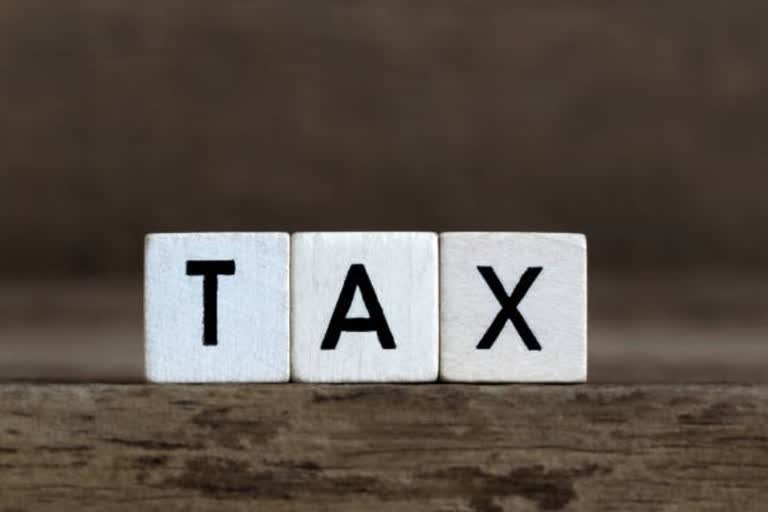New Delhi: Disputes relating to wealth, securities transaction, commodity transaction taxes and equalisation levy will not be covered under 'Vivad Se Vishwas' amnesty scheme.
Issuing a detailed FAQ, the Income Tax department has clarified that the declarant has to deposit the disputed tax amount within 15 days after determination of the tax liability by a designated authority under the scheme.
The Direct Tax Vivad Se Vishwas Bill was passed by the Lok Sabha on Wednesday, paving the way for the government to notify rules and procedures for implementation of the scheme, which was proposed in the Budget.
Under the proposed scheme, taxpayers willing to settle disputes will be allowed a complete waiver of interest and penalty if they pay the entire amount of tax in dispute by March 31 this year, following which a 10 per cent additional disputed tax will have to be paid over and above the tax liability.
Further, where arrears are related to disputed interest or penalty only, then 25 per cent of disputed penalty or interest will have to be paid if the payment is made by March 31, beyond which the same will be enhanced to 30 per cent.
The scheme would remain open till June 30, 2020.
The FAQ clarified that in cases where the revenue department has gone in for appeal, the declarant will have to pay 50 per cent of the disputed tax (62.5 per cent in search cases) and/or 12.5 per cent of the disputed penalty, interest or fee by March 31.
Read more:EPFO cuts interest rate on deposits to 7-year low of 8.5% for 2019-20
If payment is made after that, the declarant will have to pay 55 per cent of the disputed tax (67.5 per cent in search cases) and/or 15 per cent of the disputed penalty, interest or fee.
To a question whether wealth tax, security transaction tax (STT), commodity transaction tax (CTT) and equalisation levy would be covered under the scheme, the FAQ said "No. Only disputes relating to income-tax are covered".
As many as 4.83 lakh direct tax cases involving Rs 9.32 lakh crore in disputed taxes are locked in various appellate forums such as Commissioner (Appeals), ITAT, debt recovery tribunals, high courts, and the Supreme Court.
This amount is the equivalent of 82 per cent of the government's direct tax revenue in FY'19.
The scheme would cover appeals pending before the appellate forum [Commissioner (Appeals), Income Tax Appellate Tribunal (ITAT), High Court or Supreme Court], and writ petitions pending before High Court or Supreme Court or special leave petitions (SLPs) pending before SC as on the January 31, 2020.
The scheme can also be availed in cases of search and seizure operations where the recovery is up to Rs 5 crore and also those which are pending arbitration.
The scheme will not cover disputes pending before the Authority of Advance Ruling (AAR). However, if the AAR has determined the total income and the order has been challenged in High Court, it would come under the ambit of the scheme.
The FAQ further said the scheme would also cover tax deducted at source (TDS) and tax collection at source (TCS) disputes which are pending in appeal. "However, if there is no dispute related to TDS or TCS and there is delay in depositing such TDS/TCS, then the dispute pending in appeal related to interest levied due to such delay will be covered under Vivaad se Vishwas," it said.
(PTI Report)



